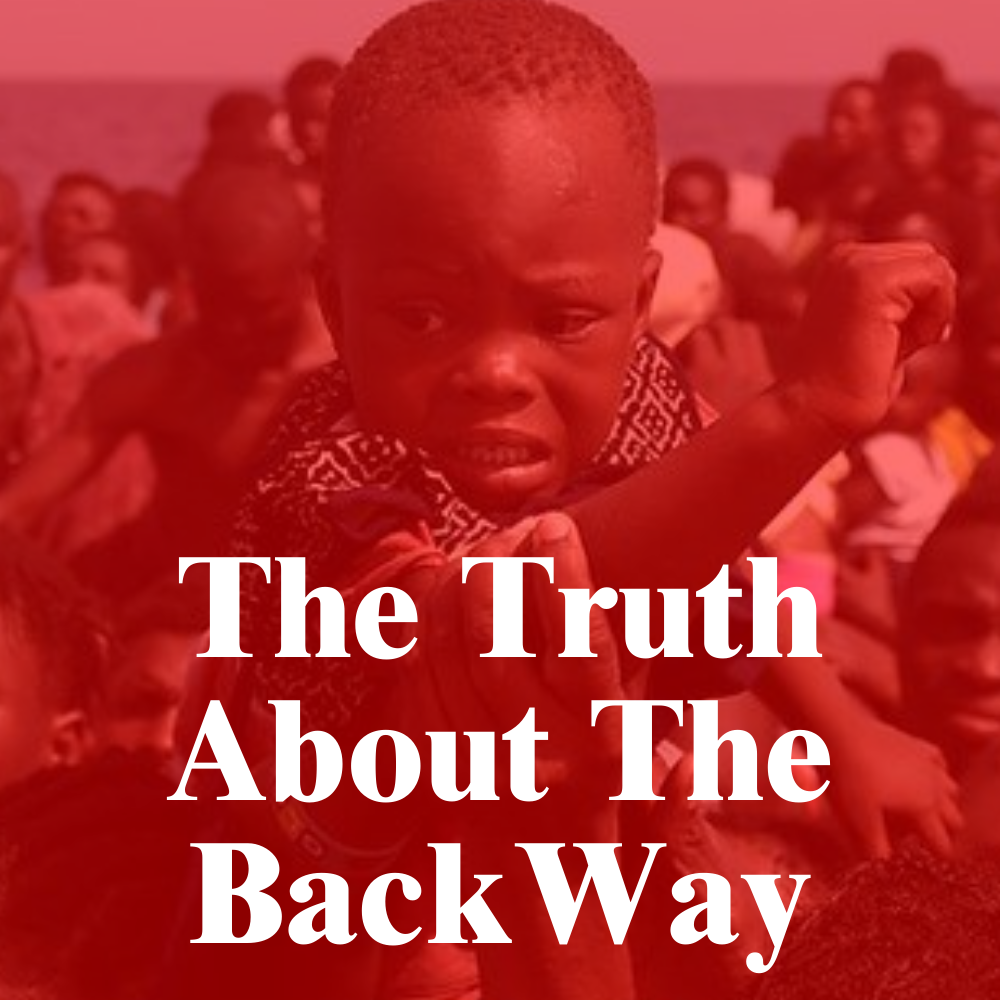
The Silent Crisis: Youth Migration in The Gambia
The Gambia is facing a humanitarian crisis that shakes the very foundations of its society. Thousands of young Gambians, driven by desperation, risk everything on perilous journeys to Europe, seeking a better life.
This migration is not just a statistic; it is a tragedy that leaves deep scars on individuals, families, and the nation.
The Heartbreaking Toll on Individuals
Loss of Lives and Trauma
Every year, countless young Gambians set sail across the Mediterranean, a journey infamous for its deadly reputation. Each year, thousands do not return. Each life lost is not merely a statistic; it represents a family shattered, a dream extinguished. For those who survive, the trauma is profound. Many return home haunted by memories of fear and loss, struggling to reintegrate into a society that feels foreign and unforgiving. The psychological toll can lead to lasting mental health issues, crippling their ability to contribute to their communities.
Family and Community Impact
The emotional devastation ripples outward, leaving families mourning their lost children and communities fragmented. Each young life represents potential future leaders, innovators, and workers. Their absence creates a void that deepens despair and hopelessness, prompting more families to send their children on dangerous journeys, perpetuating a cycle of grief and loss. Communities become less cohesive, and the social fabric that once united them begins to unravel.
The Broader Effects on The Gambia
Economic Consequences
The Gambia’s economy, already fragile and heavily reliant on agriculture and tourism, is further crippled by youth migration. With approximately 17.2% of the population living in extreme poverty, the loss of young workers exacerbates economic challenges. These young people are vital to economic growth and stability, yet their departure hinders any potential progress. Despite government efforts to create jobs, opportunities remain limited, leaving many young people with no choice but to seek risky alternatives.
Social Fragmentation
As more young people leave, social fragmentation increases. Families are torn apart, and neighborhoods that once thrived in unity dissolve into disarray. This dislocation fosters conditions for increased crime and social unrest, as disillusioned youth, feeling abandoned and purposeless, turn to desperate measures for survival. The very essence of community is eroded, creating a breeding ground for instability.
A Call to Action
This crisis is not solely a Gambian issue; it is a global concern. The heartbreaking stories of these youths filled with dreams and despair demand our attention. Addressing the root causes of migration requires collaborative efforts focused on economic development, enhanced educational opportunities, and robust social support systems.
The Gambian government, in partnership with international allies, must prioritize youth empowerment initiatives that provide viable alternatives to migration. It is essential to invest in the dreams of young Gambians, allowing them to thrive at home rather than risking everything for uncertain prospects abroad.
The Harsh Reality of Migration
It is vital for Gambians to understand that illegal migration does not guarantee entry into Europe. Many young Gambians find themselves in detention centers across Europe at present the IOM have said that there our over 5,000 young men and women,facing deportation after being handed letters of failed asylum. Under current human rights regulations, The Gambia does not meet the criteria for asylum, complicating the dreams of those seeking refuge. The allure of a better life often leads to heartbreaking outcomes, leaving families devastated.
Conclusion
The youth migration crisis in The Gambia is a tragedy unfolding before our eyes. Each lost life, each fractured family, is a stark reminder of the urgent need for action. We must come together to foster a future where young Gambians can envision their lives within their own borders where hope prevails over despair. Only then can we begin to heal the wounds of migration and build a brighter, more stable Gambia for generations to come.
The time to act is now.

